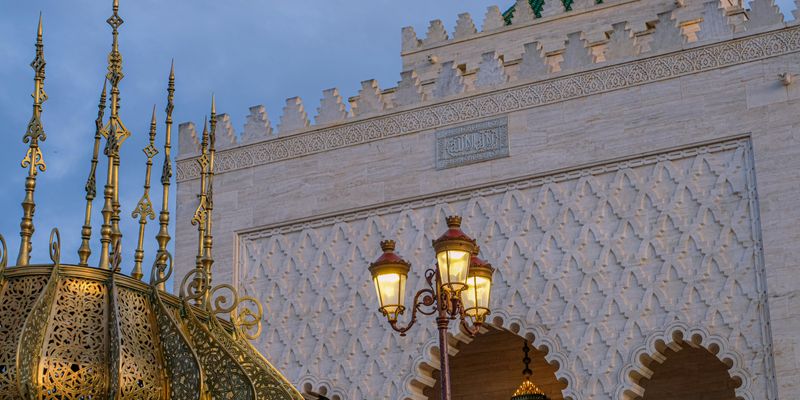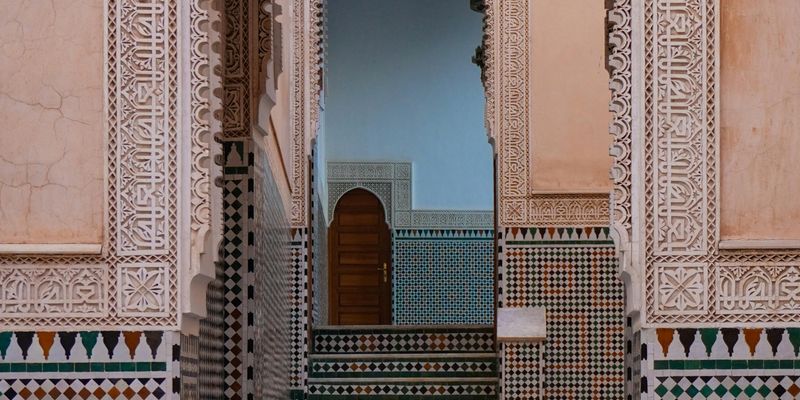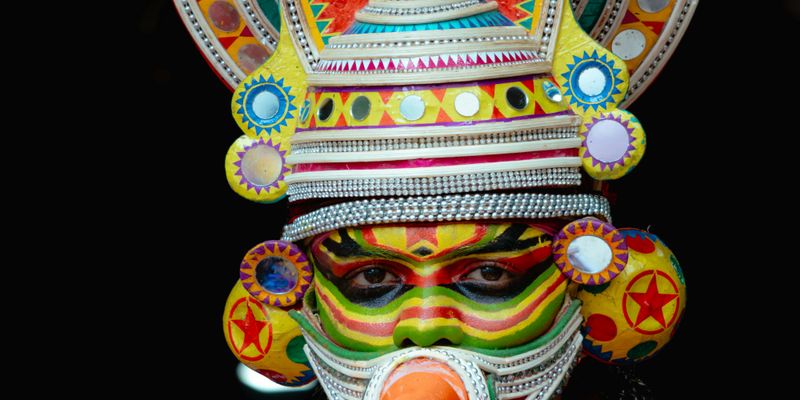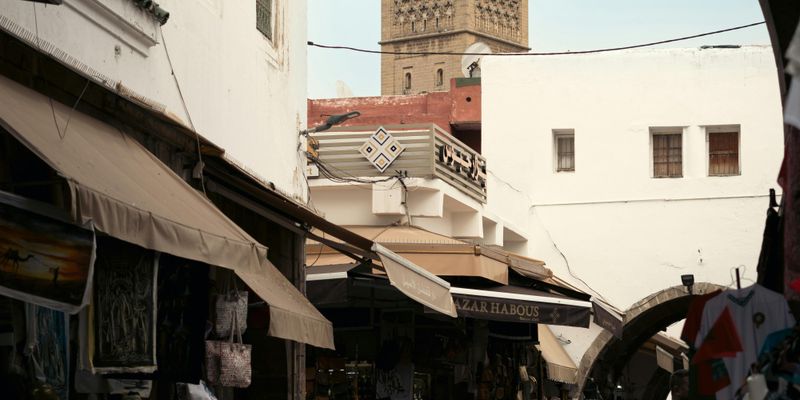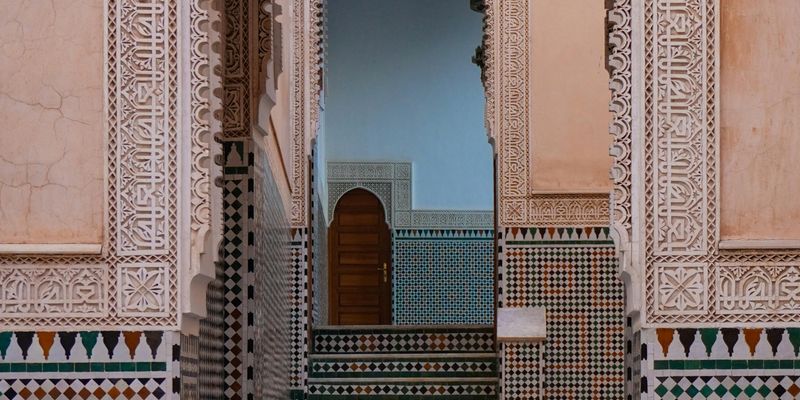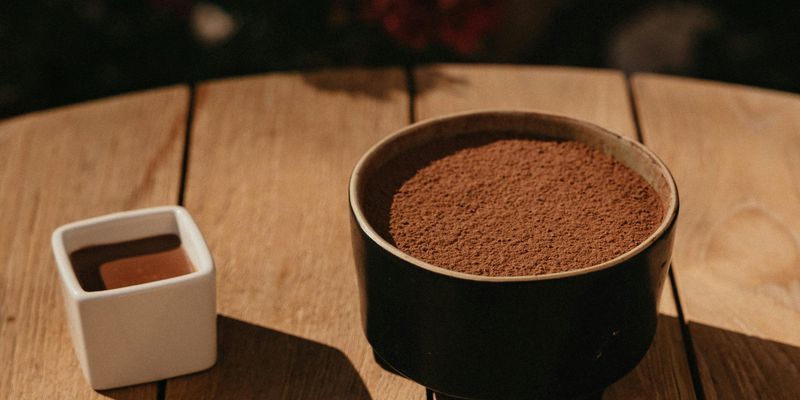
Introduction
Welcome to my culinary journey through Morocco, a land bursting with flavors, traditions, and unforgettable food experiences. If you’re a food lover or simply curious about the culinary arts, Morocco will surely capture your heart and palette. The diverse culinary landscape here reflects the country’s rich history, geographical variety, and a harmonious blend of cultural influences. Let’s dive into why Morocco's cuisine is a culinary wonderland to discover!
A Melting Pot of Flavors
Moroccan cuisine is renowned for its bold flavors and aromatic spices. Among the many delightful dishes, tajine stands out as a staple. This slow-cooked stew, typically made with meats like lamb or chicken and an array of vegetables, is often prepared in a traditional conical clay pot. The unique cooking method allows the ingredients to gently simmer, creating a rich and complex flavor profile that’s nothing short of magical.
Spices That Tell a Story
As you wander through the bustling souks of Marrakech, the warm scents of spices will beckon you. Here in Morocco, spices are not just seasonings but a vital part of our storytelling. From cumin to cinnamon, and the famous ras el hanout (a complex spice blend), each ingredient has a tale to tell. Don’t miss the chance to indulge in harira, a hearty soup traditionally enjoyed during Ramadan, infused with spices like turmeric and coriander that evoke comfort and warmth.
The Art of Sharing Meals
Moroccan culture places a strong emphasis on hospitality, especially when it comes to food. Meals are often shared, allowing family and friends to come together and celebrate. You might find yourself seated around a large platter, where everyone digs in with their right hand (the left hand is considered impolite). This communal style of dining fosters a sense of connection and togetherness that is fundamental to our way of life.
Traditional Sweets: A Sweet Ending
No story about Moroccan cuisine would be complete without mentioning our delightful pastries and sweets. A favorite treat is baklava, which is rich with nuts and drenched in honey, often enjoyed alongside a steaming cup of mint tea. Speaking of tea, Moroccan mint tea—a fragrant blend of green tea, fresh mint leaves, and sugar—is a ritual in itself, symbolizing warmth and hospitality. It’s common to share a cup with guests as a gesture of welcome.
Embrace the Culinary Adventure
For those who crave adventure, why not immerse yourself in a traditional Moroccan cooking class? This hands-on experience allows you to learn how to prepare authentic dishes under the guidance of local chefs. It’s not just about the cooking; it’s about the stories, the history, the passion behind each recipe, and a deeper appreciation for our rich culinary heritage.
Local Markets: Where the Magic Begins
The journey of Moroccan cuisine starts at local markets—known as souk. Here, bright fruits, fresh vegetables, and aromatic spices create a vibrant tapestry of colors and scents. Engage with local vendors, learn about the seasonal produce, and savor the essence of Moroccan culinary culture. It’s a feast for the senses!
Conclusion
Morocco’s cuisine is not merely food; it’s a reflection of our identity, traditions, and the beauty of sharing. From the bustling streets of Marrakech to the quaint alleys of Chefchaouen, every dish holds a story waiting for you to discover. So pack your bags and your appetite; Morocco’s culinary wonders await!
